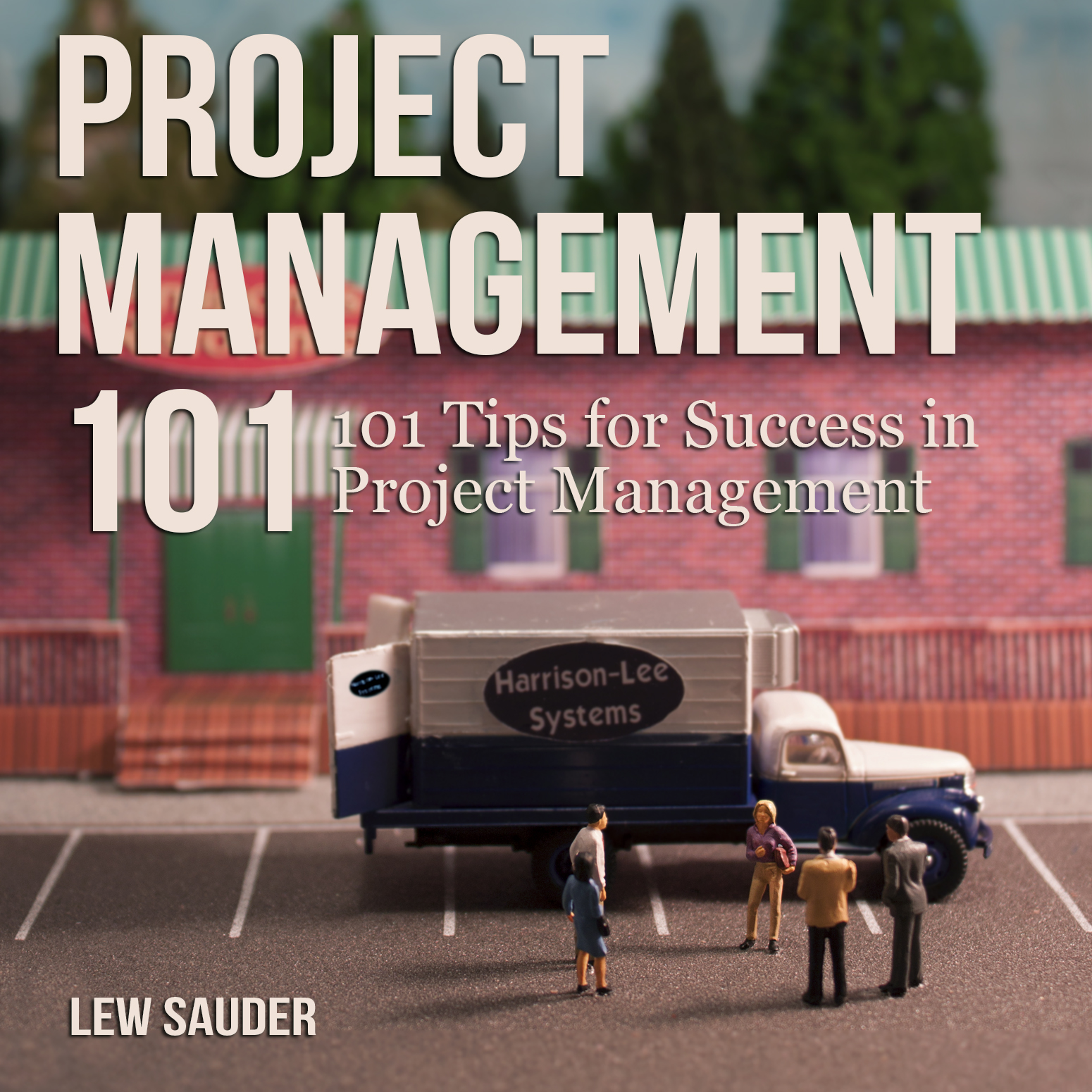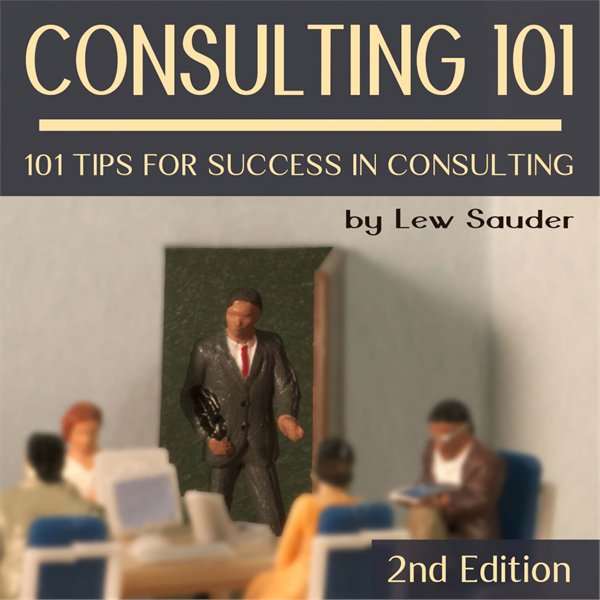Office coffee politics
Once early in my career I worked on a project in which I attended weekly client meetings where we reported our status to one of the executives. This particular executive had an agenda for the meeting each week. He would list the projects from which he wanted updates, and listed specific issues when he wanted specifics.
The department I worked for had a coffee pot out in the open. People who drank coffee were expected to pay on the honor system for each cup. The accumulated money was used to purchase more coffee and filters.
In one particular weekly status meeting, under the general category, the executive had entered the topic of “Coffee”. When we got to that topic, he paused for effect and said, “It has come to my attention that some people have not been paying on the honor system for their coffee.” He turned to each of the managers within the department and essentially told them to deal with it. He closed the discussion saying, “Hopefully, we can resolve this important issue so that I can focus my attention to more important issues.”
Don’t waste my time
The underlying message was that he had much more important things to do than deal with who was and was not paying for their daily coffee. It was a lesson to me that time is limited and you need to prioritize what you focus on. If you don’t, you will focus on the wrong things.
I have always been a list maker. I usually develop my to-do list at the end of the day for the next day. I feel it gives me a jump start going to work knowing what I plan to do for the day.
When I put my to-do list together, I prioritize the list of the most important things to accomplish for the day. Then, throughout the day, I have the list guiding me on what is important.
Related post: Strategy: Focus on the Target
Focusing on the wrong things
I know people who create to-do lists, but never seem to get anything done. Emails come up that they feel they need to address as soon as they arrive. If email doesn’t distract them, Facebook, Pinterest, or any number of other things get in the way.
I’ve seen managers get involved in seating arrangements for the team, coordination of lunches, and many other trivial things that don’t require their input and keep them from accomplishing the critical items that fall under their responsibility. Worse yet, they forget they are the manager and involve themselves in solutioning of issues when they should be making decision between solutions that are proposed by their team.
For more information, check out The Importance of Leadership in Project Management
Details are important
Still, the little things matter. A good manager needs to have a gauge to help them determine when to get involved in details and when to delegate. There are critical issues that a manager needs to understand in detail. This may be a drain on his or her time, but remains a priority.
There is a difference between important details and trivial distractions. The effective manager always asks herself, “Is this a good use of my time based on my priorities?”
To-do lists can’t be set in stone. If you have a task to attend a weekly meeting, but a major production issue occurs, you may need to either cancel or skip the meeting to address the more urgent issue.
The effective manager knows the difference between a higher priority and a distraction.
What distractions get you focusing on the wrong things?
If you would like to learn more about a career in Project Management, get Lew’s book Project Management 101: 101 Tips for Success in Project Management on Amazon.
Please feel free to provide feedback in the comments section below.






0 Comments
Trackbacks/Pingbacks